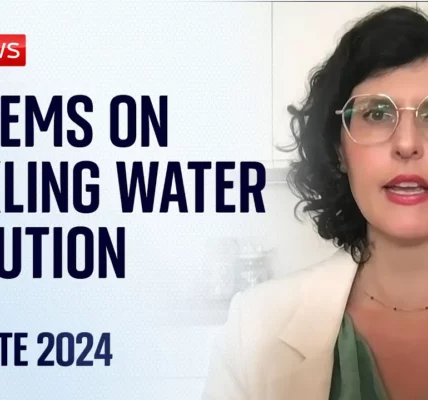Four Israeli Hostages Rescued Alive in Gaza

This article provides an in-depth analysis of the recent rescue operation in Gaza, the political ramifications, and ongoing news regarding hostages and international responses. Stay informed about the latest updates from Sky News.
Introduction
In a significant development amidst the ongoing conflict in Gaza, four Israeli hostages have been rescued alive. This operation, described as the largest of its kind since the war began eight months ago, has generated a mix of jubilation and sorrow, as the ramifications of the operation continue to unfold. Israeli Prime Minister Benjamin Netanyahu has made a bold statement, asserting the commitment to recovering all hostages, dead or alive, while Hamas claims that more hostages have been killed in the process. This article delves into the details of the rescue operation, the political landscape, and the international response, shedding light on the complex situation in the region.
Details of the Rescue Operation
The rescue operation, which took place in Narat, central Gaza, was meticulously planned over several months. Despite the meticulous planning, it faced numerous delays. According to health officials at the Al-Axa Martyrs Hospital, the operation resulted in at least two Palestinian deaths and over 400 injuries, marking one of the deadliest incidents since the onset of the conflict.
Hostage Details
The hostages, identified as Noah Aramani, Almog Meiri, Andre Klov, and Schom Ziv, were abducted during the Nova Music Festival near the Gaza border on October 7. Their reunion with families at a medical facility in Tel Aviv was an emotional moment, contrasting sharply with their traumatic abduction. The dramatic nature of their release has been described by families as miraculous, after 246 days of uncertainty and fear.
Military Tactics and Strategy
Netanyahu characterized the operation as one of creativity and boldness, emphasizing the Israeli Defense Forces’ (IDF) commitment to rescuing hostages. The IDF has described the operation as highly complex, utilizing precise intelligence to navigate two buildings deep inside Gaza amidst hostile conditions. This operation raises questions about the military tactics being employed and the ethical implications of such actions.
Casualties and Aftermath
The aftermath of the rescue operation has led to significant casualties among Palestinian civilians. Reports indicate that Hamas has accused Israel of a massacre, with hundreds of Palestinians reportedly killed or injured during the operation. As the international community observes, the humanitarian crisis in Gaza continues to escalate, prompting calls for a ceasefire and diplomatic interventions.
Political Implications and Reactions
The rescue operation has had far-reaching political implications for Israel and its leadership. Netanyahu faces pressure from both domestic and international fronts to outline a clear path forward in the conflict. The political landscape is complicated further by the ongoing debate regarding the humanitarian impact of military actions in Gaza.
International Reactions
International leaders, including U.S. President Joe Biden, have expressed concern over the rising civilian casualties. Biden’s administration has reiterated the importance of protecting civilians while also emphasizing the need for hostages to be returned safely. The contrasting narratives from Israeli and Palestinian leaders illustrate the complexities of international diplomacy in the region.
Public Sentiment in Israel
In Israel, public sentiment has oscillated between relief for the rescued hostages and concern for the remaining 120 hostages still held by Hamas. The emotional reactions across the nation, including celebrations at beaches and public gatherings, highlight the deep societal impact of the hostage crisis.
Ongoing Developments and Future Prospects
As the situation in Gaza continues to evolve, the focus now shifts to the future and the prospects for peace. The international community is closely monitoring developments, with many advocating for diplomatic solutions to prevent further escalation of violence.
Ceasefire Calls
Calls for a ceasefire have intensified, with various organizations and world leaders urging an end to hostilities. The humanitarian situation in Gaza remains critical, with ongoing reports of casualties and injuries.
Looking Ahead
The path forward remains uncertain, and the Israeli government’s strategy continues to be scrutinized. The balance between military action and humanitarian considerations will be pivotal in shaping the region’s future.
Conclusion
The rescue of four hostages from Gaza has reignited discussions around the ongoing conflict, highlighting the complexities involved in military operations and their humanitarian repercussions. As families celebrate the return of their loved ones, the stark reality of the situation for many others remains dire. Moving forward, it is crucial for all parties to engage in dialogue aimed at achieving a sustainable resolution to the conflict. We encourage readers to stay informed about the evolving situation and to support initiatives focused on humanitarian efforts in the region.
“`




